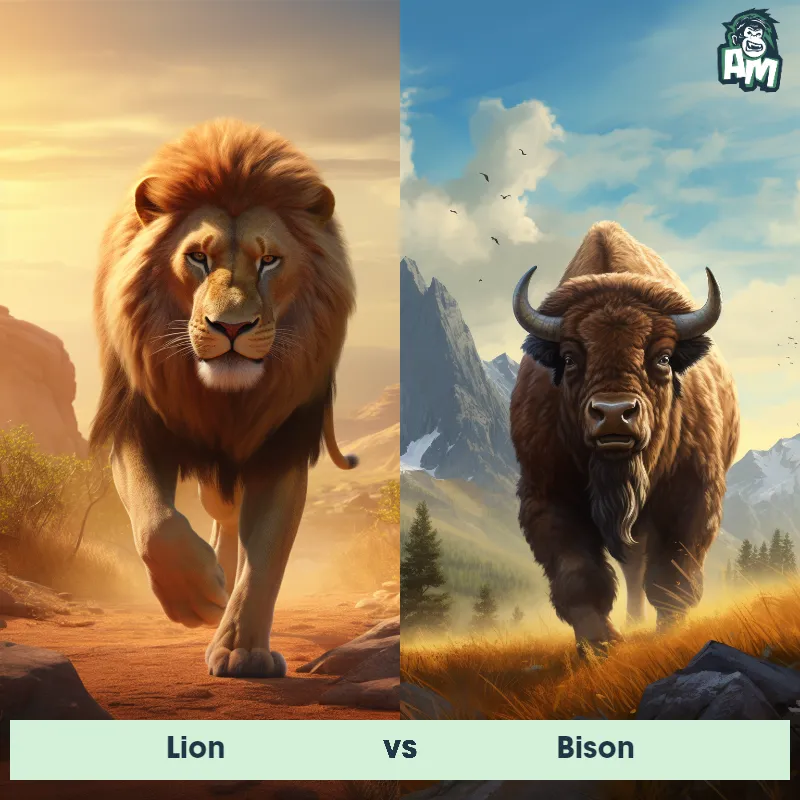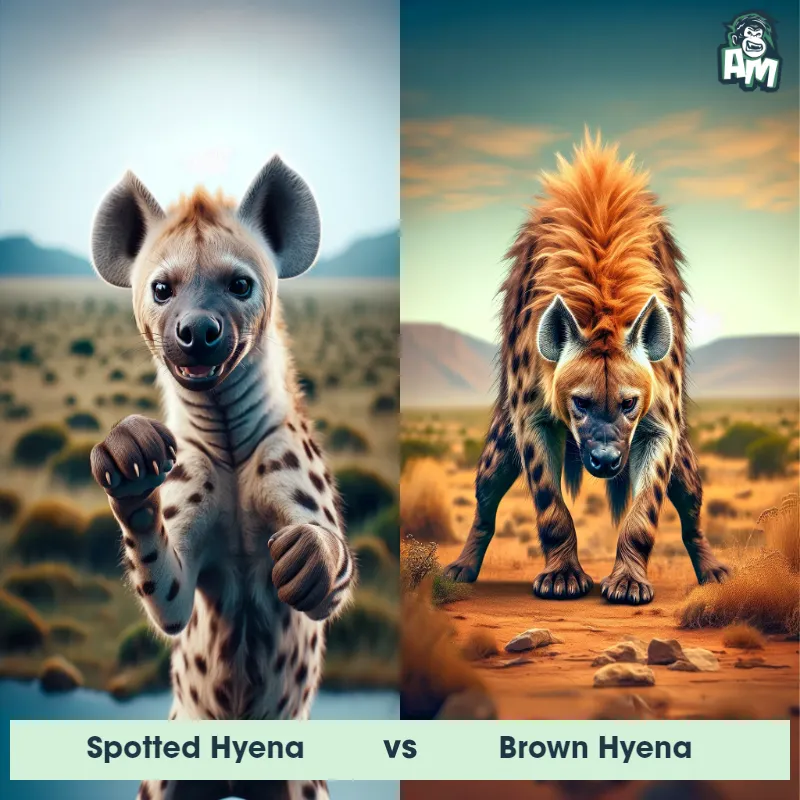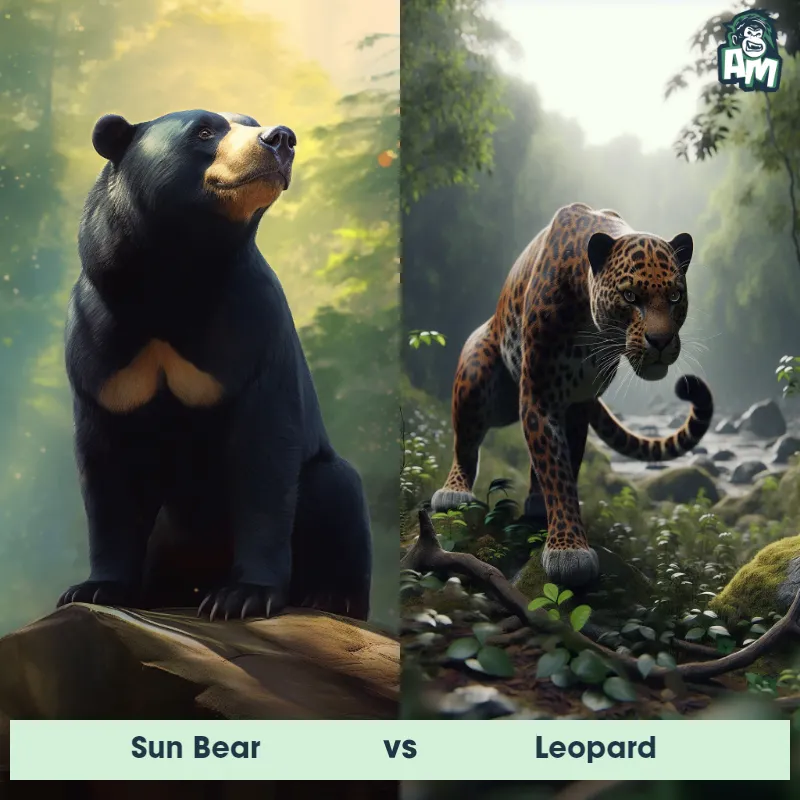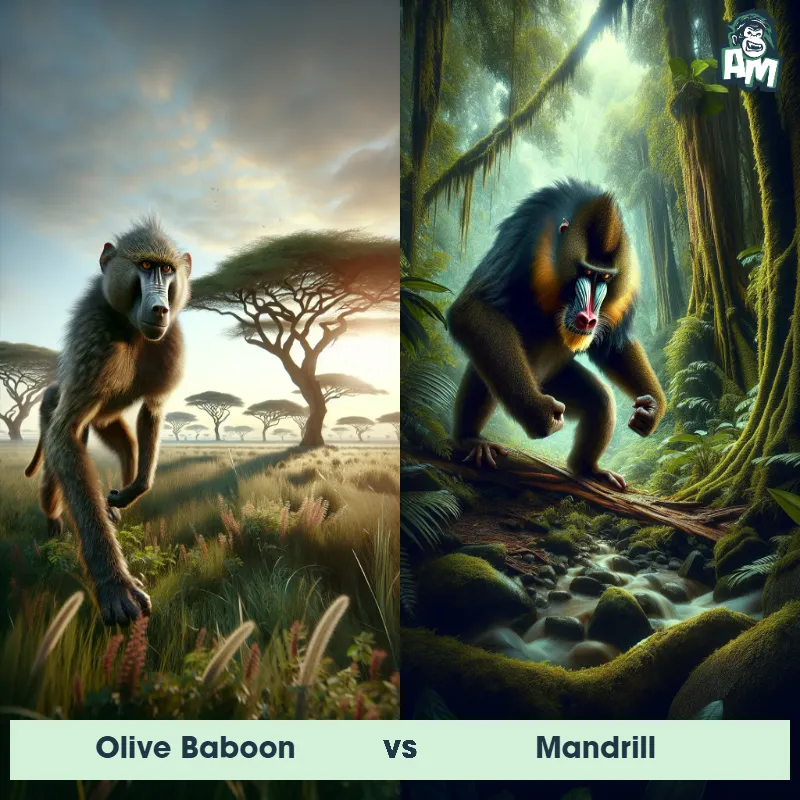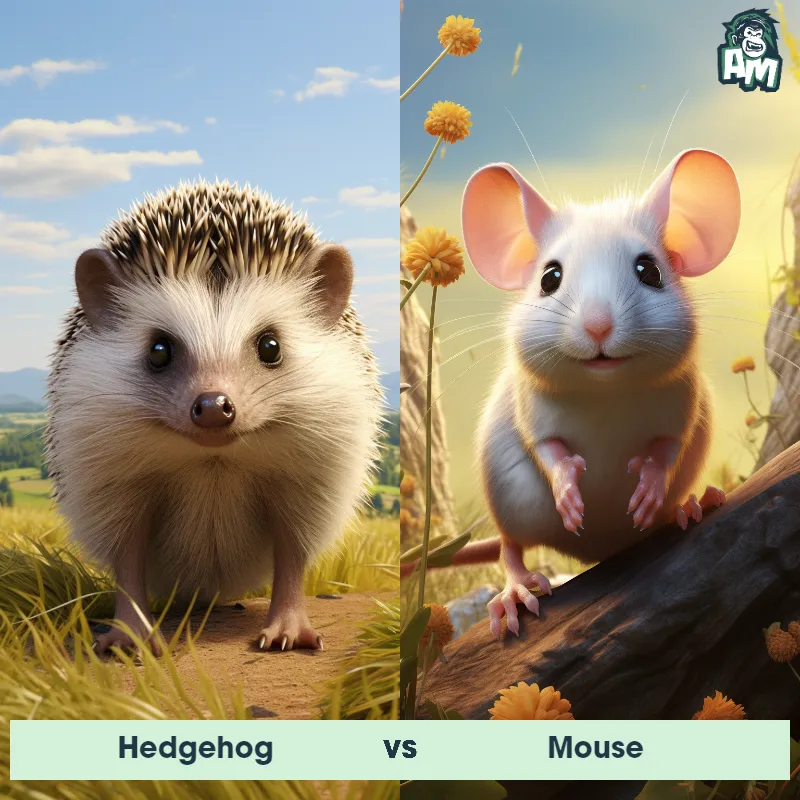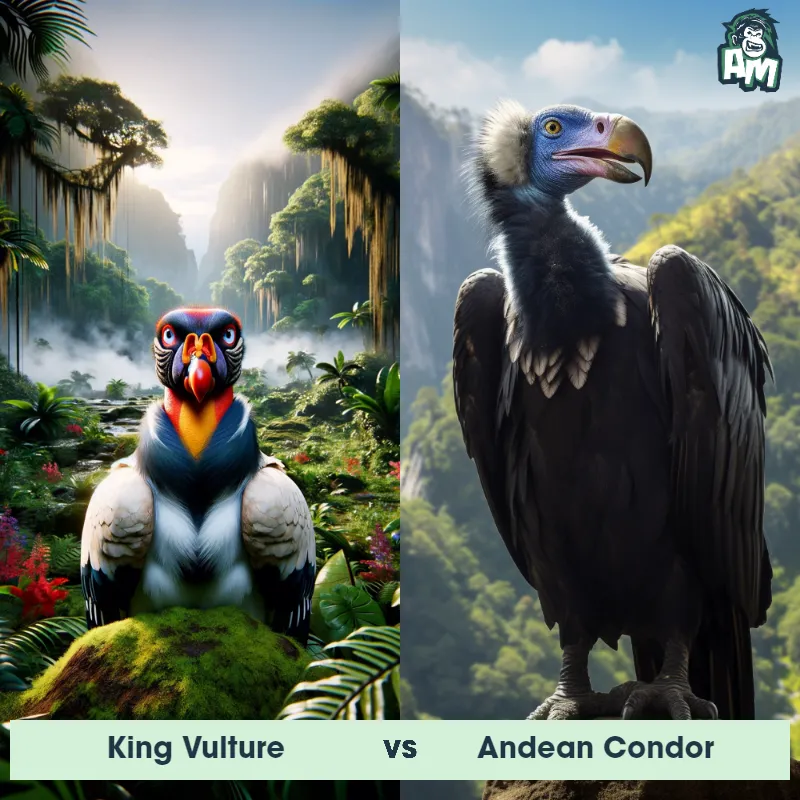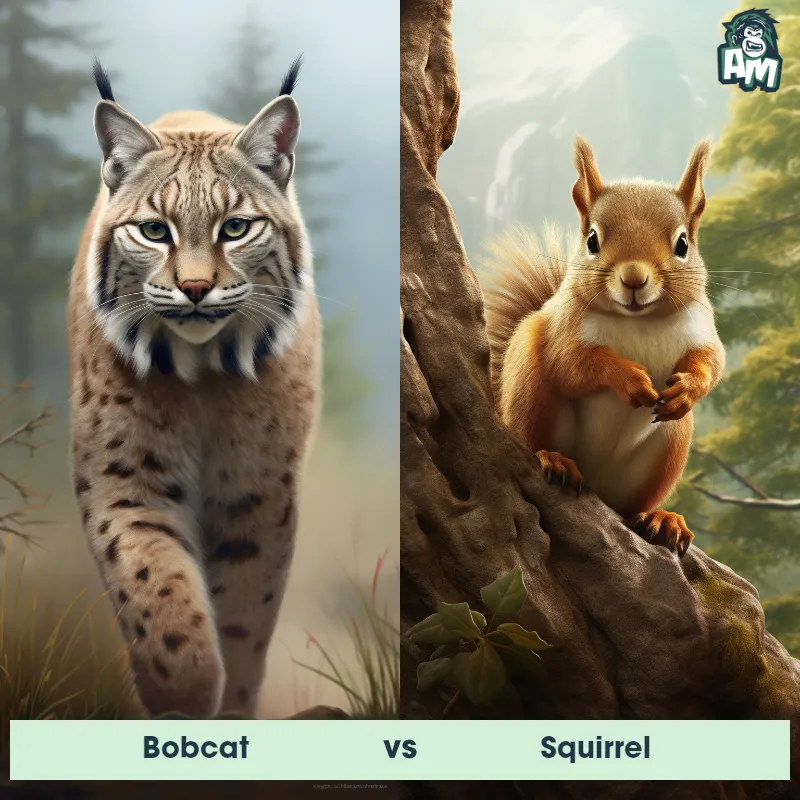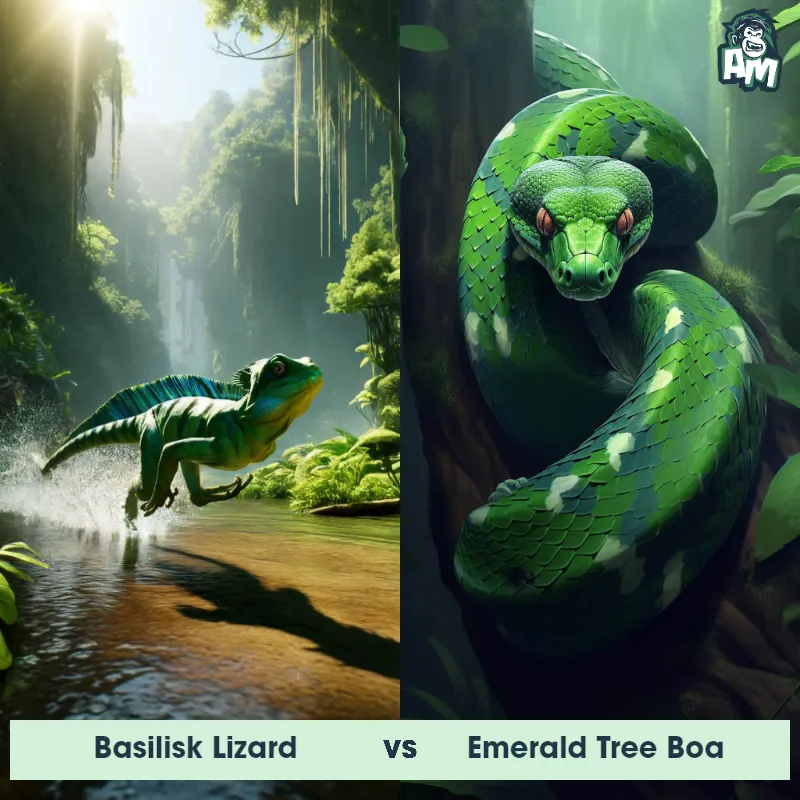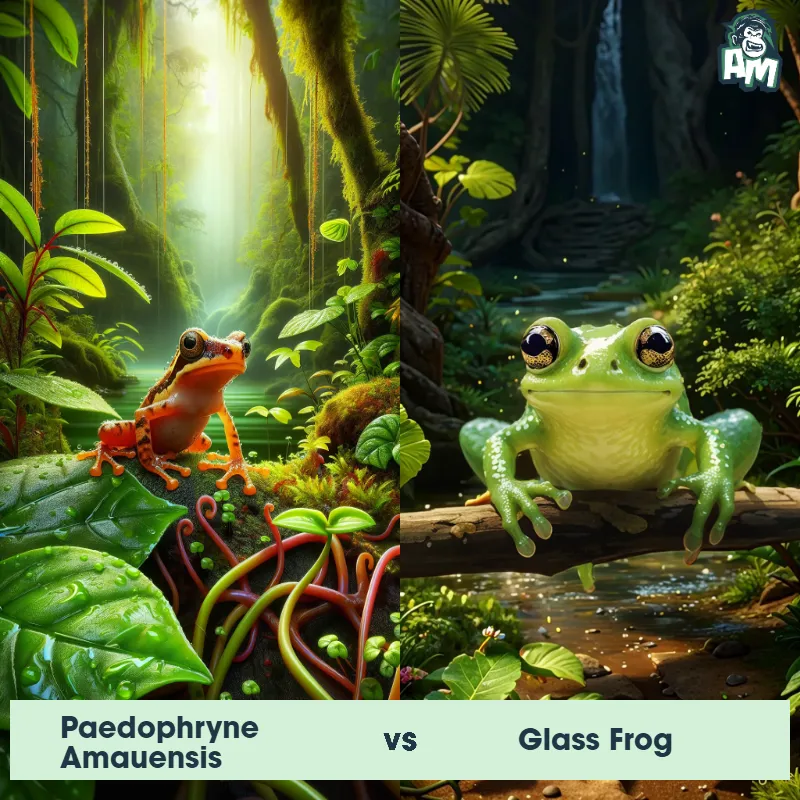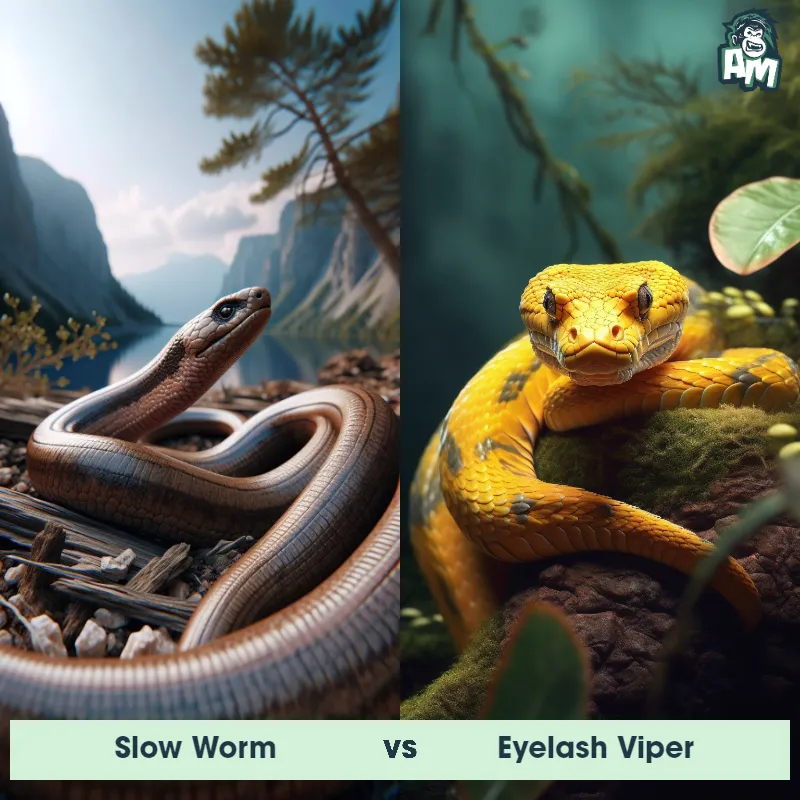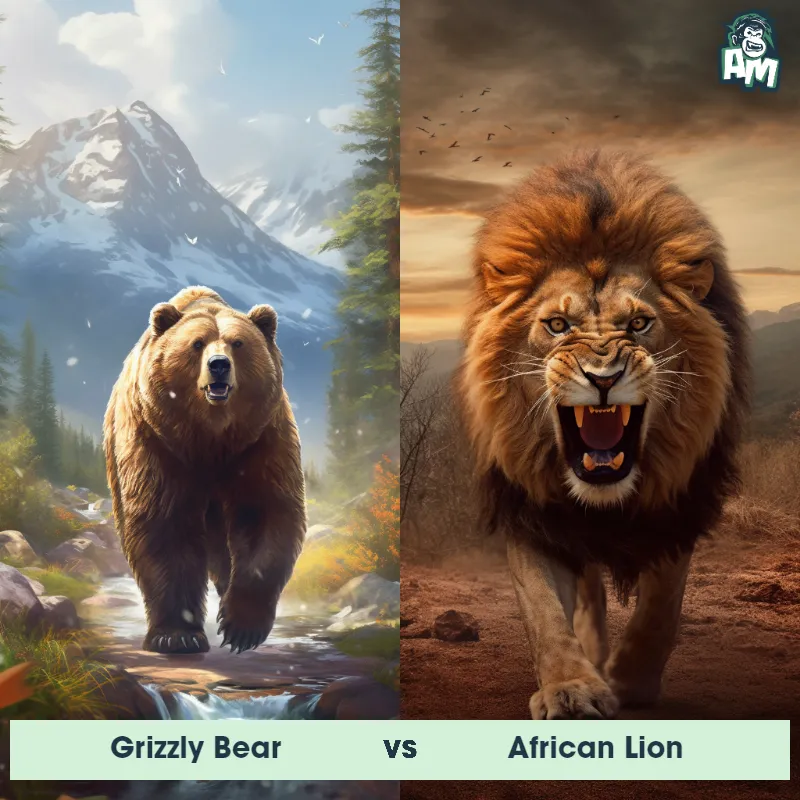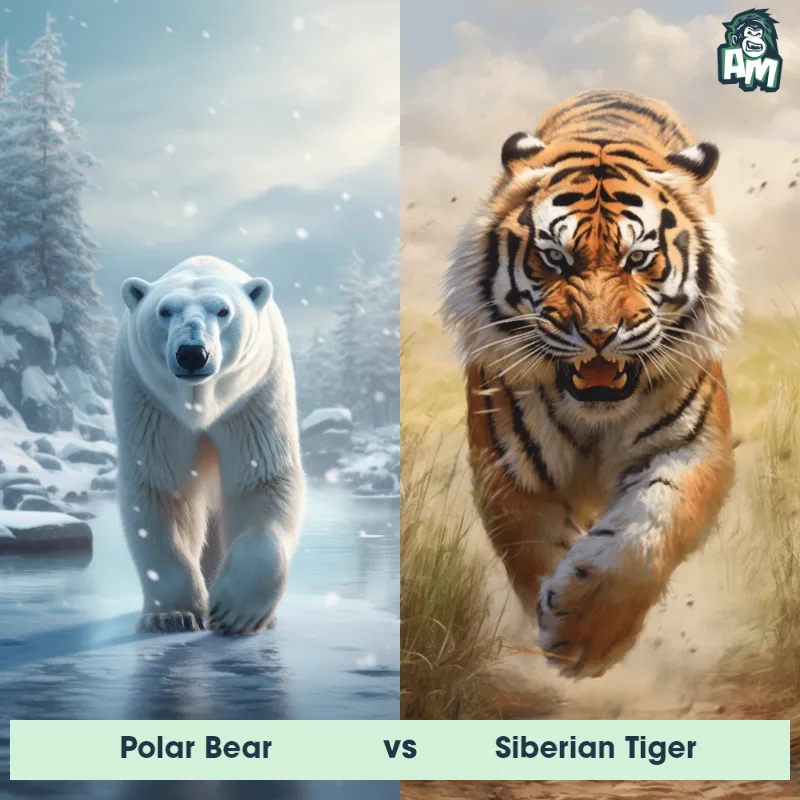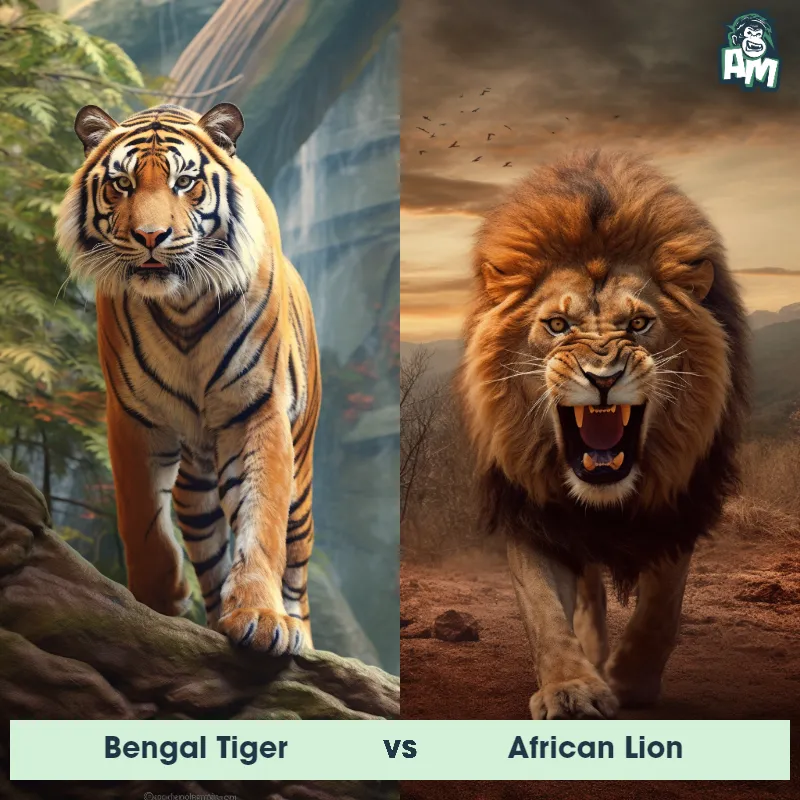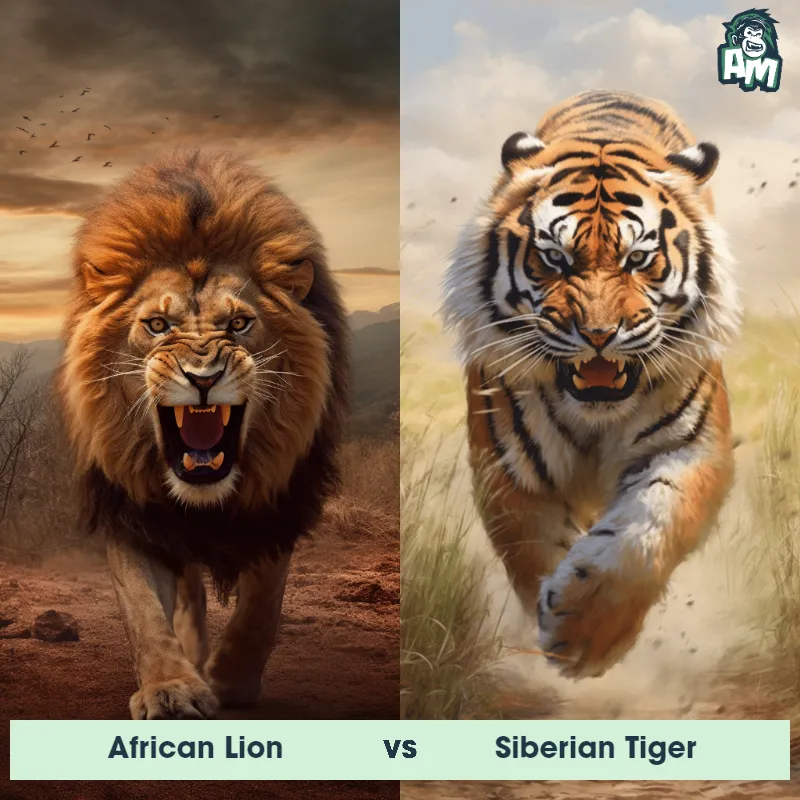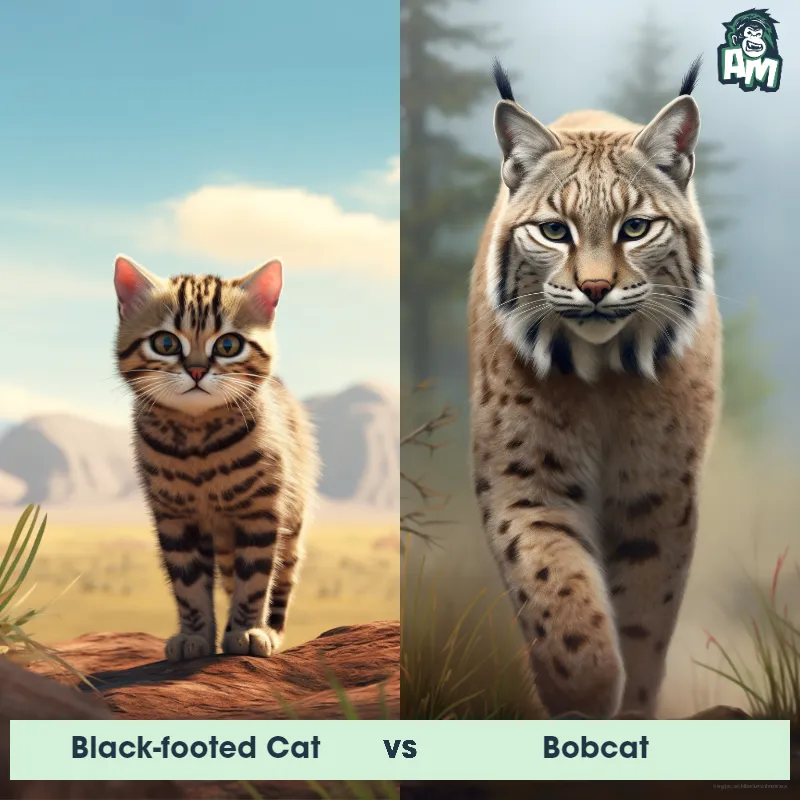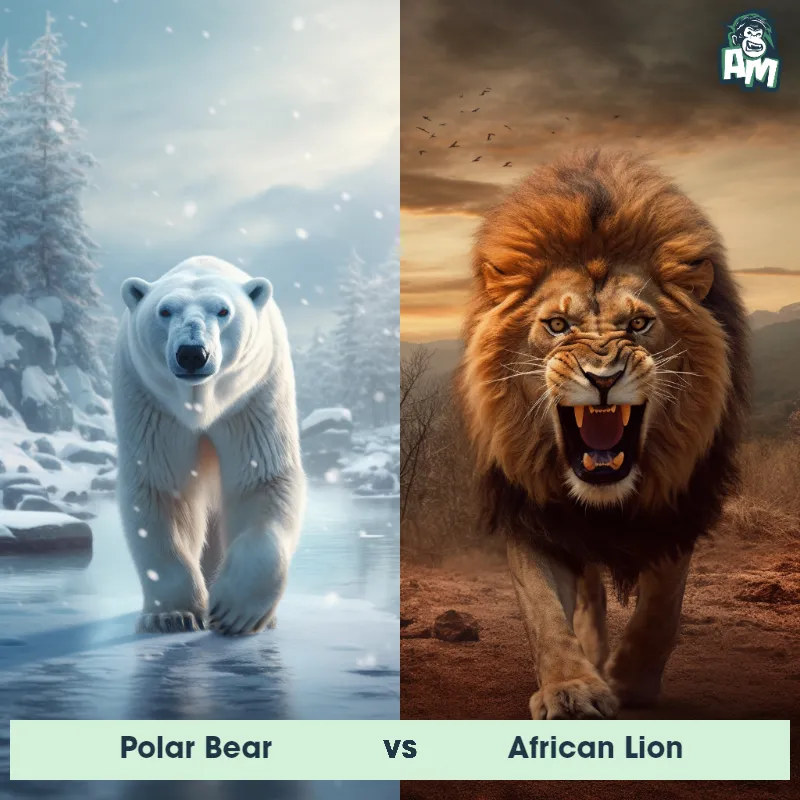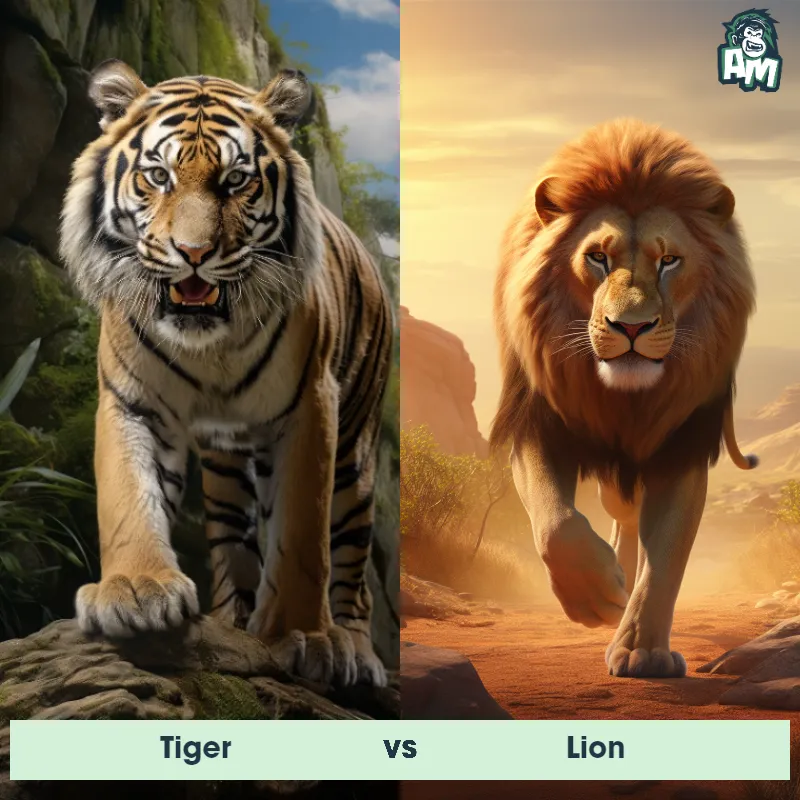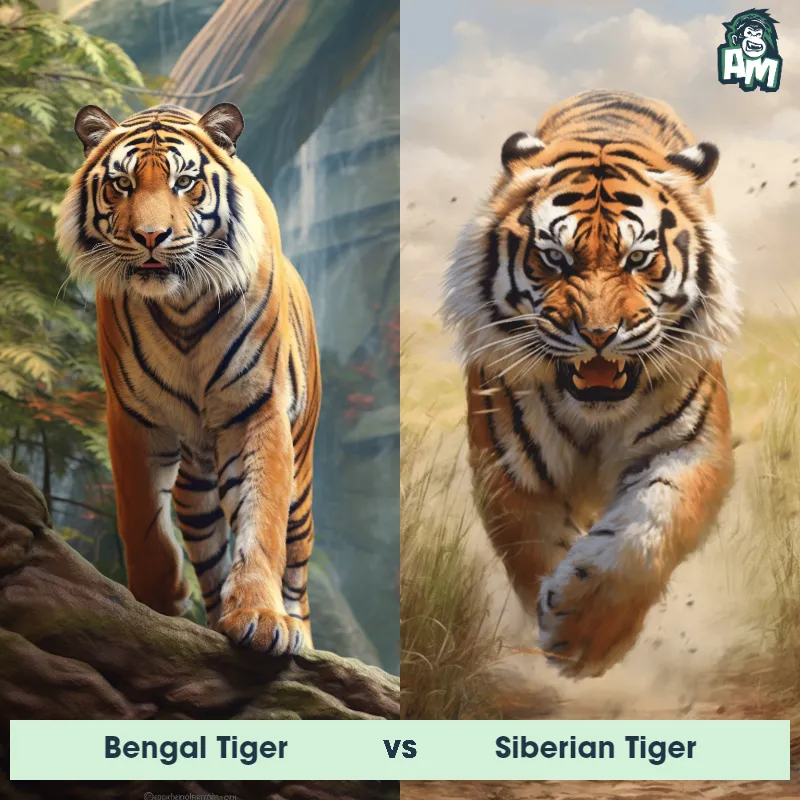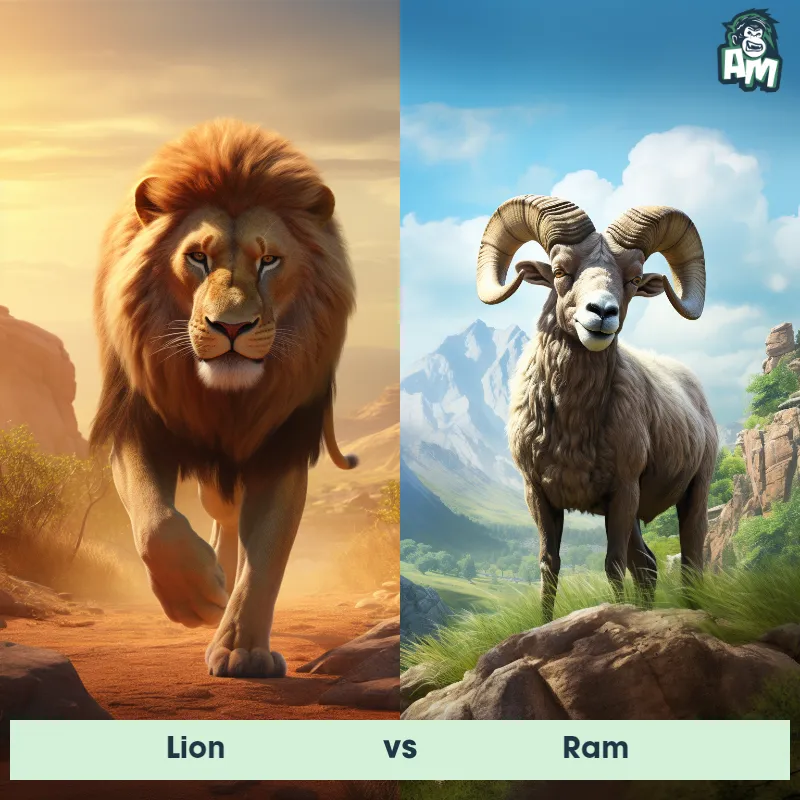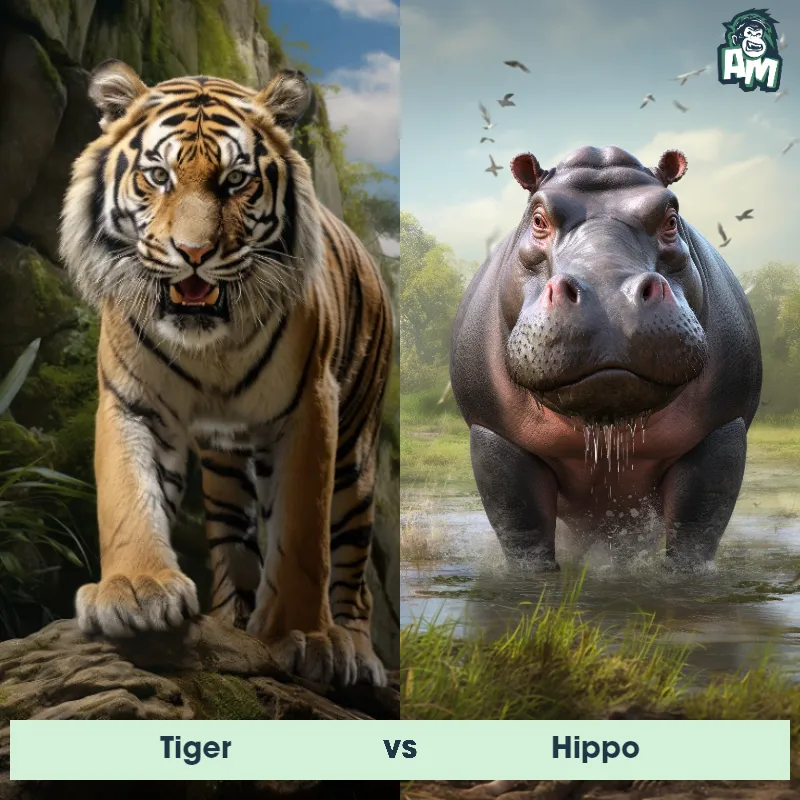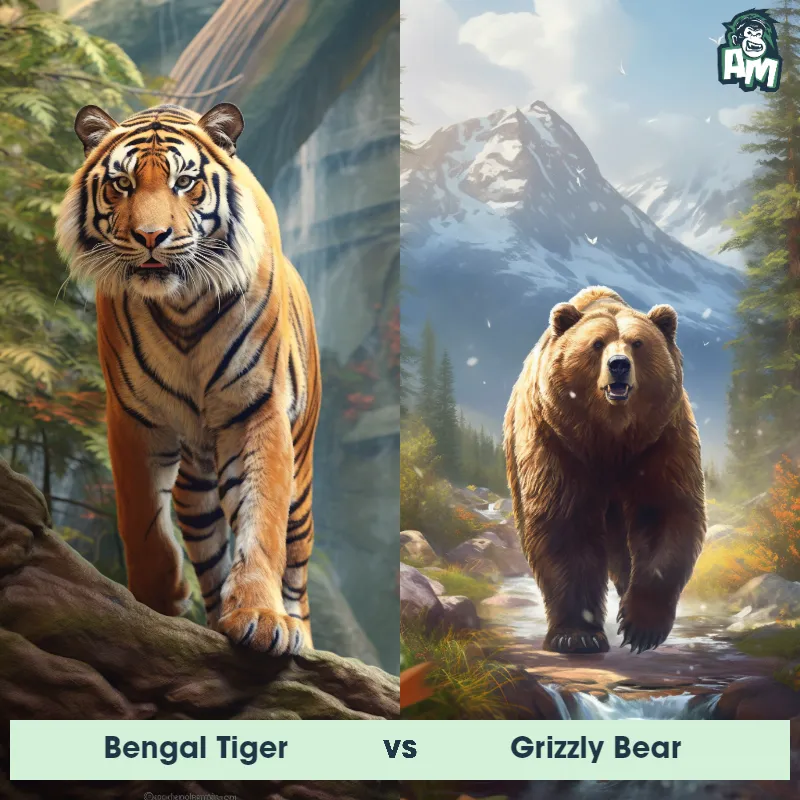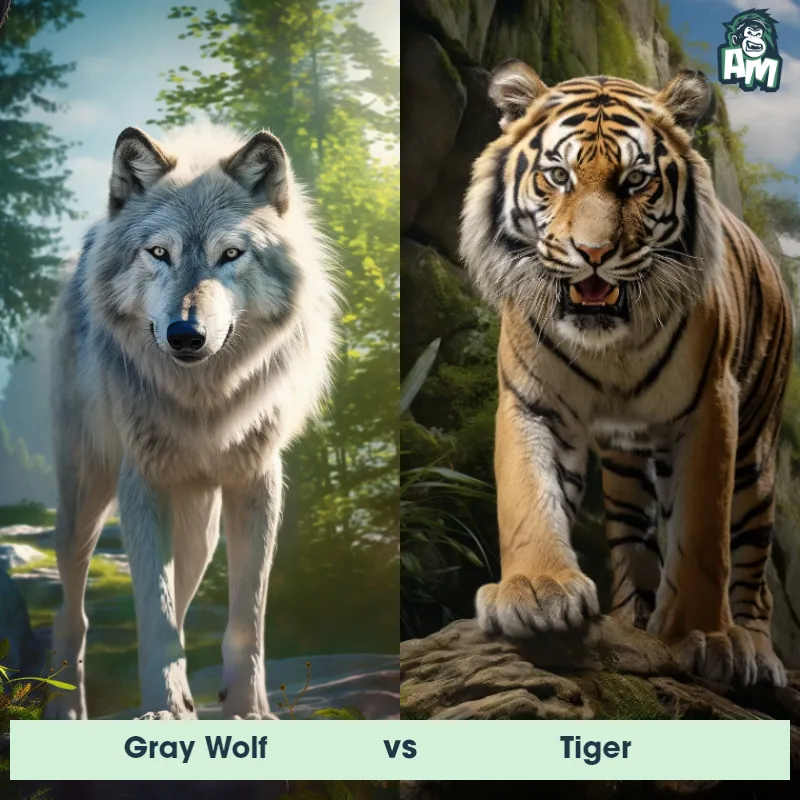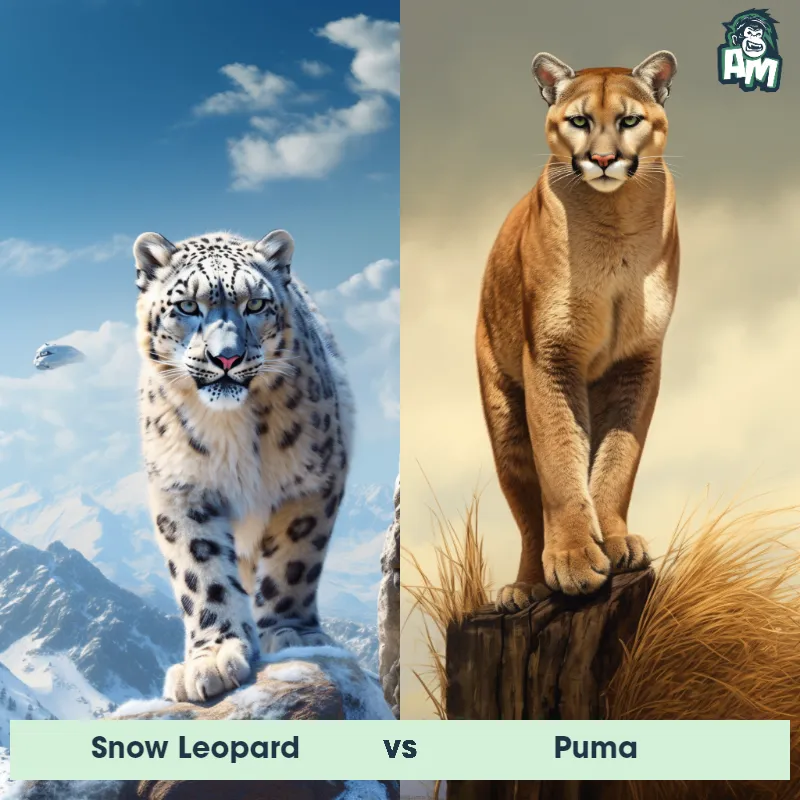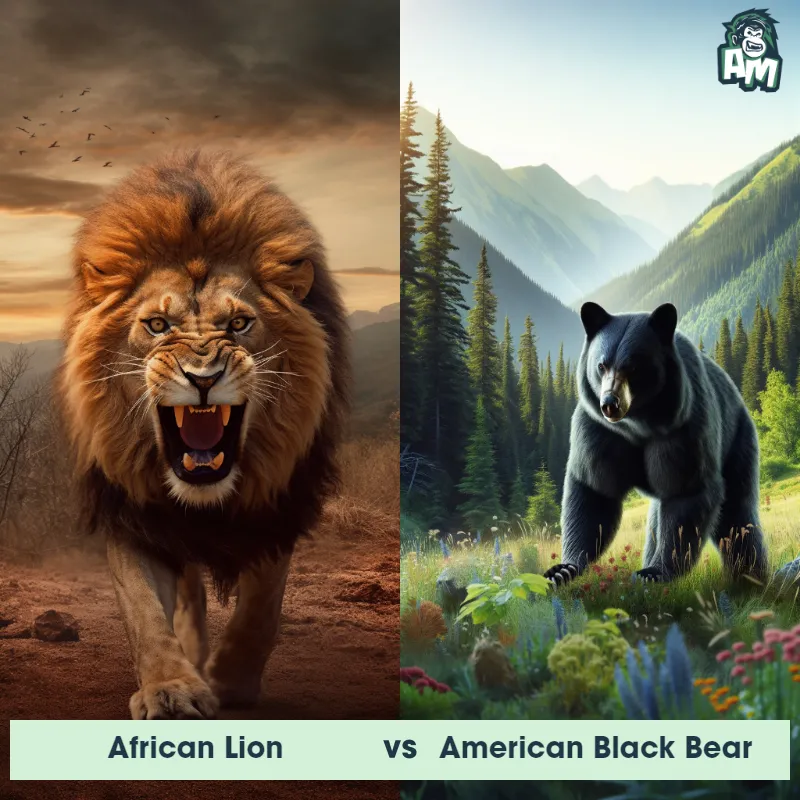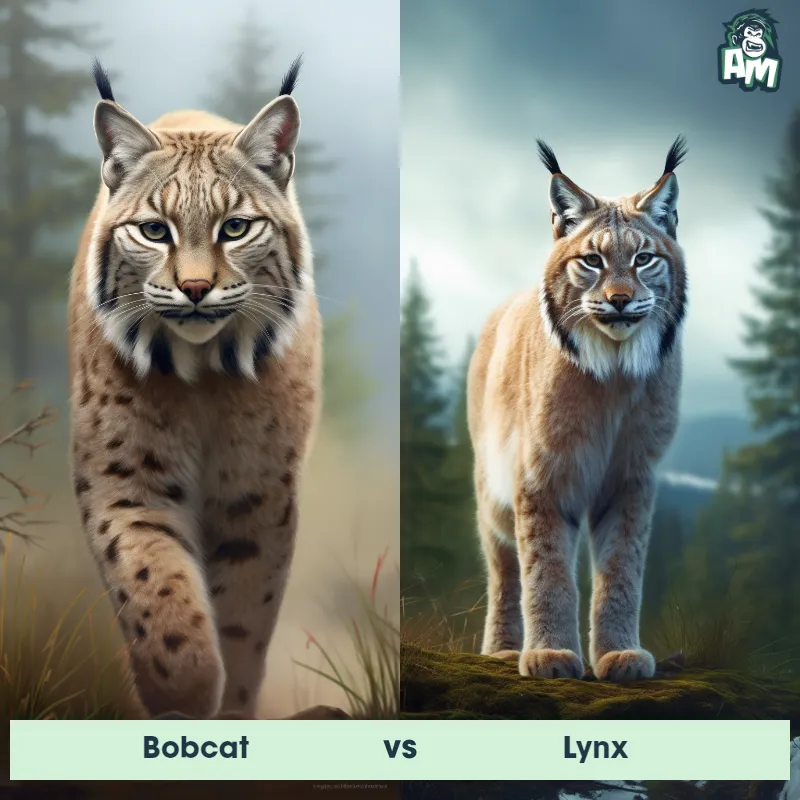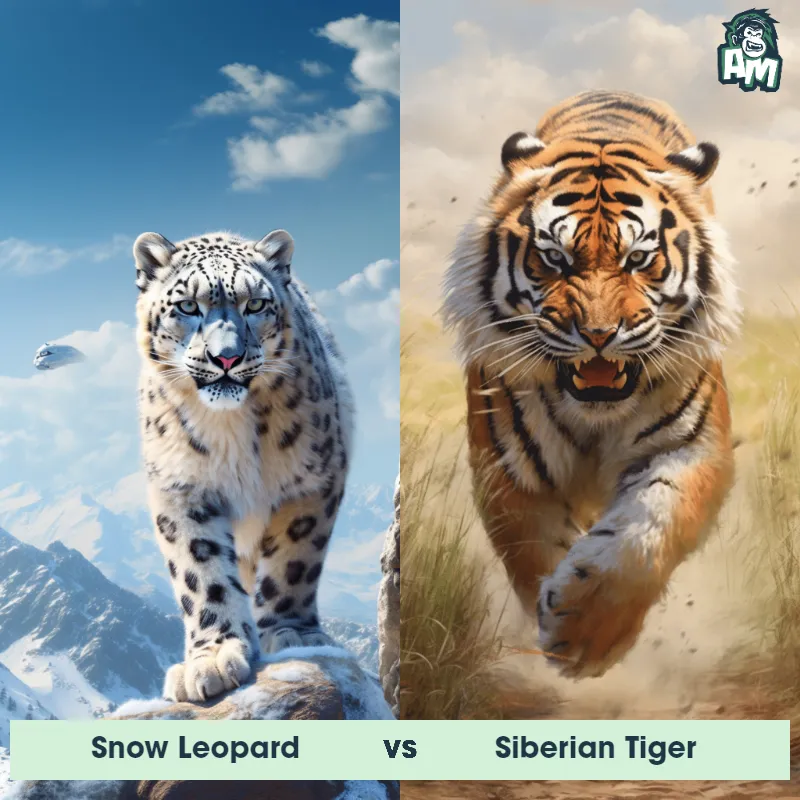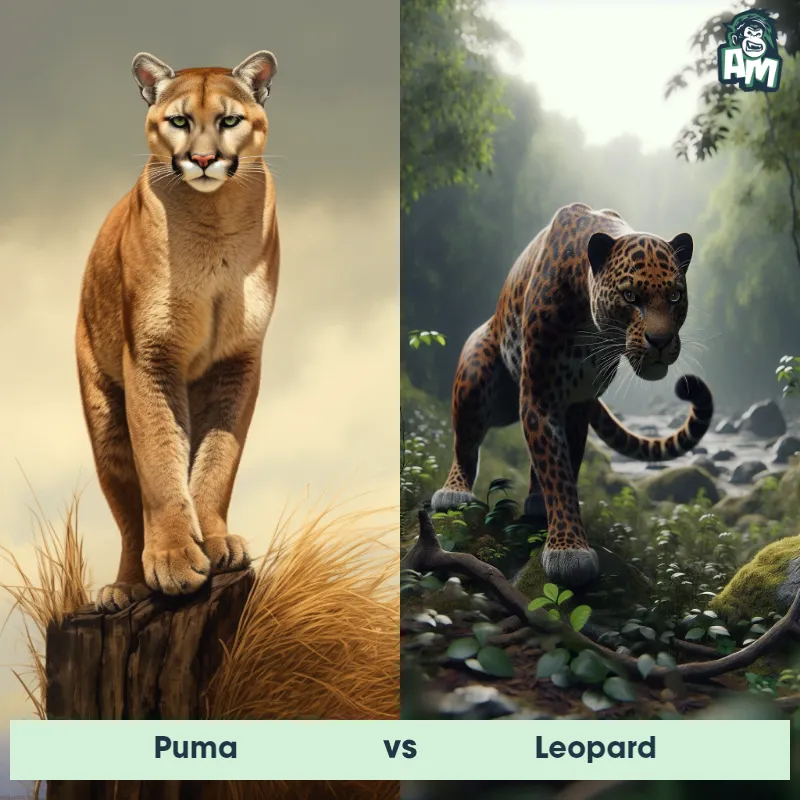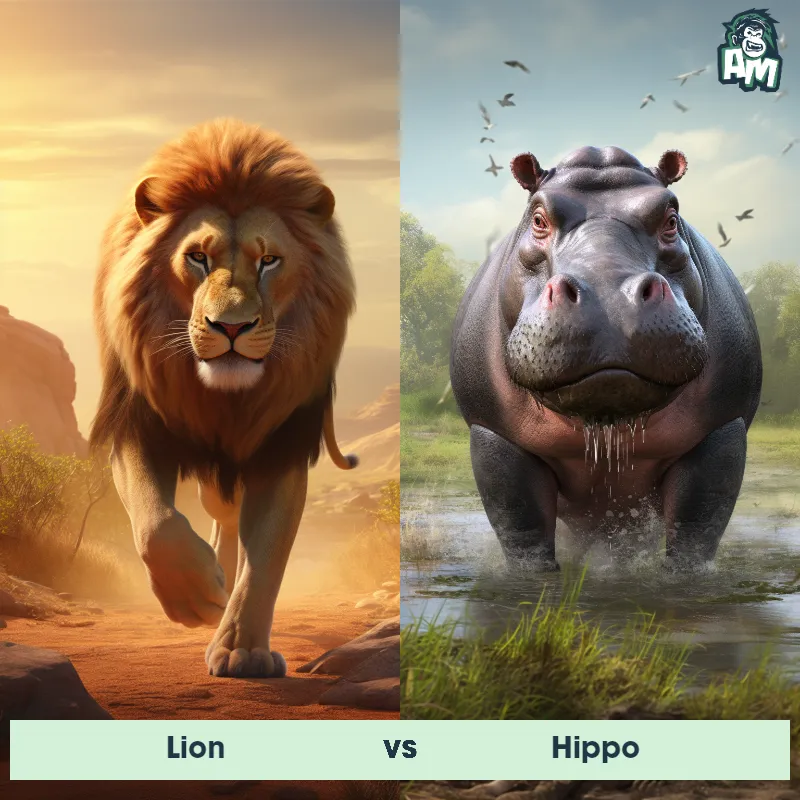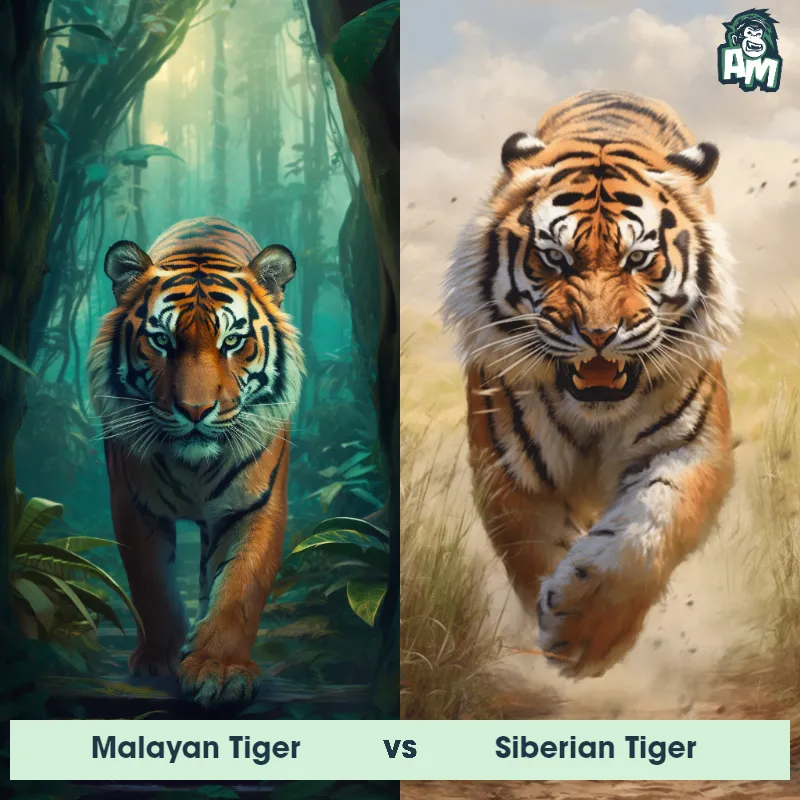Black-Footed Cat vs OcelotSee Who Wins

We have a thrilling face-off for you today between the elusive Black-Footed Cat and the striking Ocelot. Prepare for an exciting display of speed, stealth, and agility as these two feline competitors battle it out for supremacy. The stage is set, so let's dive into the action!
Contender 1: Black-Footed Cat
The Black-Footed Cat, also known as the small-spotted cat, is the smallest wild cat in Africa, weighing only 2-4 pounds and standing about 10 inches tall at the shoulder. They have short, reddish-brown fur with black spots and stripes, and distinctive black tufts of hair on their ears. They are nocturnal hunters, preying on small mammals, birds, and reptiles, and are known for their incredible hunting skills and agility.
Fun Fact: Despite their small size, Black-Footed Cats are fierce hunters and have been known to take down prey that is much larger than themselves, such as hares and birds that weigh up to 10 times their own body weight.
Contender 2: Ocelot
The Ocelot, also known as the dwarf leopard, is a small wild cat native to South and Central America. They have a distinctive coat pattern of black spots and stripes on a tawny background, with a white belly and dark stripes on their cheeks. Ocelots have large, expressive eyes and short, rounded ears. They are skilled climbers and hunters, with sharp claws and teeth.
Fun Fact: Ocelots are excellent swimmers and are known to catch fish in the water.
Matchup Stats
| Black-Footed Cat | Ocelot | |
|---|---|---|
| Size | 10 inches (25 cm) at the shoulder | 2-3 feet (0.6-0.9 meters) in length |
| Weight | 2-4 pounds (0.9-1.8 kg) | 20-35 pounds (9-16 kilograms) |
| Speed | Speed: 30 mph (48 km/hr) | Speed: 50 mph (80.47 km/hr) |
| Key Strength | Agility and hunting skills | Agility and sharp claws |
| Biggest Weakness | Size and strength | Lack of size and strength compared to larger predators |
Current Votes
Black-Footed Cat vs Ocelot
See Who Wins
View More Matches
Looking For More?
Similar Matches
Scientific Stats
| Black-Footed Cat | Ocelot | |
|---|---|---|
| Scientific Name | Felis nigripes | Leopardus pardalis |
| Family | Felidae | Felidae |
| Habitat | Savannas and grasslands | Forests, grasslands, and swamps |
| Geography | Southern Africa | South and Central America |
| Diet | Small mammals, birds, and reptiles | Small mammals, birds, reptiles, and fish |
| Lifespan | 10 years - 14 years | 10 years - 13 years |
Key Differences between Black-Footed Cat and Ocelot
- Size: The Black-Footed Cat is smaller than the Ocelot, with an average weight of 2-4 pounds compared to the Ocelot's average weight of 20-35 pounds.
- Tail length: The Black-Footed Cat has a relatively short tail, while the Ocelot has a longer, more slender tail.
- Coat color: The Black-Footed Cat has a yellowish-brown coat with black spots, while the Ocelot has a more varied coat with a mix of black, brown, and white spots.
- Ear tufts: The Black-Footed Cat has small tufts of black hair on the tips of its ears, while the Ocelot has longer, more prominent tufts of hair on its ears.
- Habitat: The Black-Footed Cat is found primarily in southern Africa, while the Ocelot is found in Central and South America.



